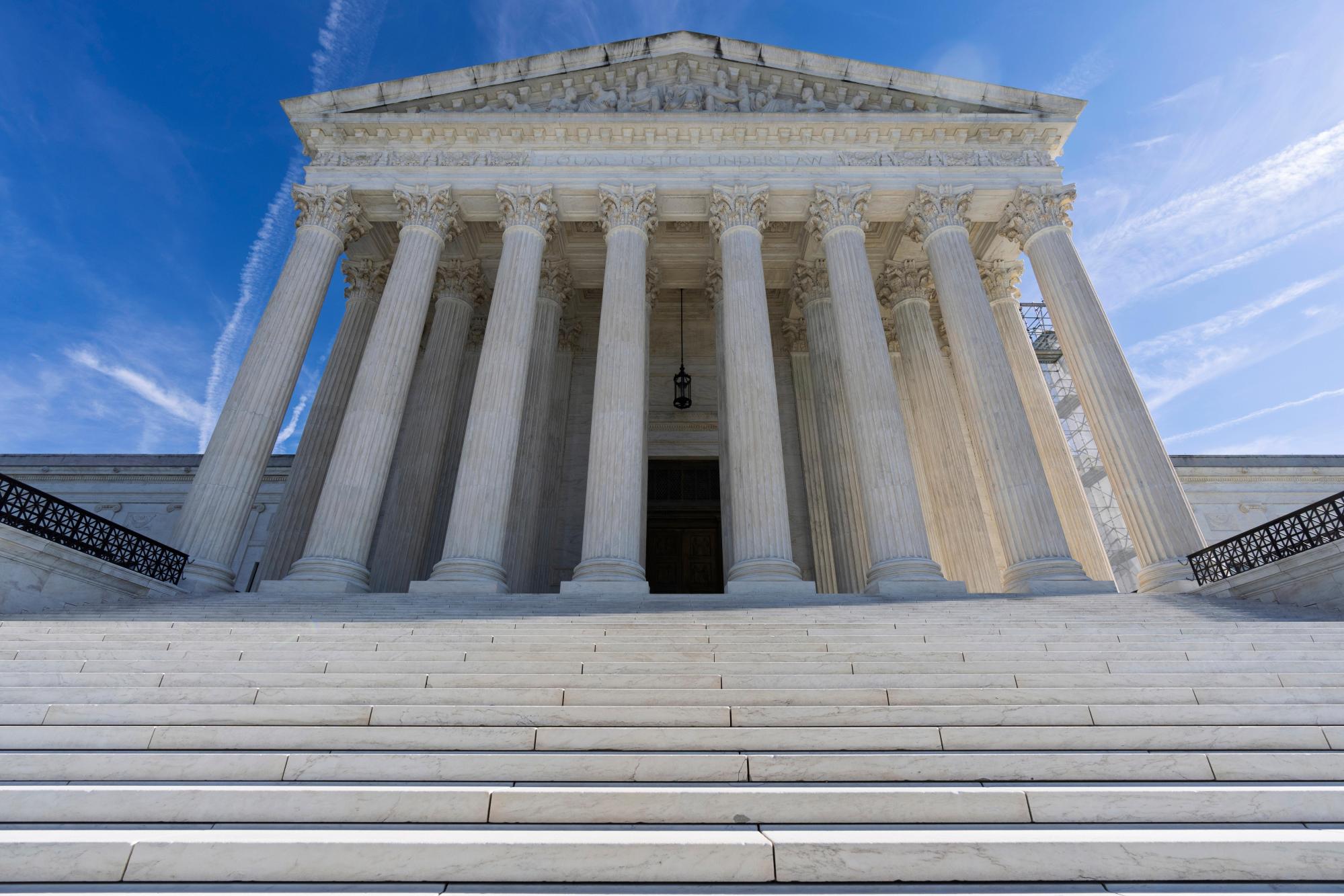Colorado has gone to the U.S. Supreme Court to defend its prohibition on conversion therapy for anyone under 18. The state, led by Attorney General Phil Weiser, argues that the ban—already mirrored in 24 other states—should remain intact despite free-speech challenges.
Colorado urges Supreme Court to uphold state’s ban on conversion therapy for minors

Key Takeaways:
- Colorado petitioned the U.S. Supreme Court to uphold its ban on conversion therapy for minors.
- The state is one of 25 nationwide with such a prohibition.
- Attorney General Phil Weiser is spearheading the effort.
- The case raises First Amendment questions about regulating therapy.
- The matter has previously moved through the 10th U.S. Circuit Court of Appeals.
Colorado’s Plea to the Supreme Court
Colorado has formally asked the United States Supreme Court to preserve its law barring licensed professionals from subjecting minors to so-called conversion therapy—a practice aimed at changing a young person’s sexual orientation or gender identity.
A Ban Shared by Half the Country
“Colorado is one of 25 states with laws banning conversion therapy on minors,” the state noted in its filing, putting its statute in the company of nearly half the nation. Supporters argue the bans protect LGBTQ youth from discredited and potentially harmful interventions.
Who’s Arguing the Case
Colorado Attorney General Phil Weiser leads the legal charge. His office contends that the law does not violate constitutional free-speech rights, a point likely to draw close scrutiny from the justices.
From the Tenth Circuit to Washington
Before landing at the Supreme Court, the dispute traveled through the 10th U.S. Circuit Court of Appeals, a regional bench that often hears challenges to Colorado statutes. Critics of the ban have cited First Amendment concerns, setting up a showdown that could clarify how far states may go in regulating medical or counseling practices.
What Happens Next
By asking the high court to weigh in, Colorado seeks a definitive ruling that could resonate far beyond its borders—affecting the 24 other states with similar laws and shaping the national conversation on the rights of LGBTQ minors and the limits of professional speech.











